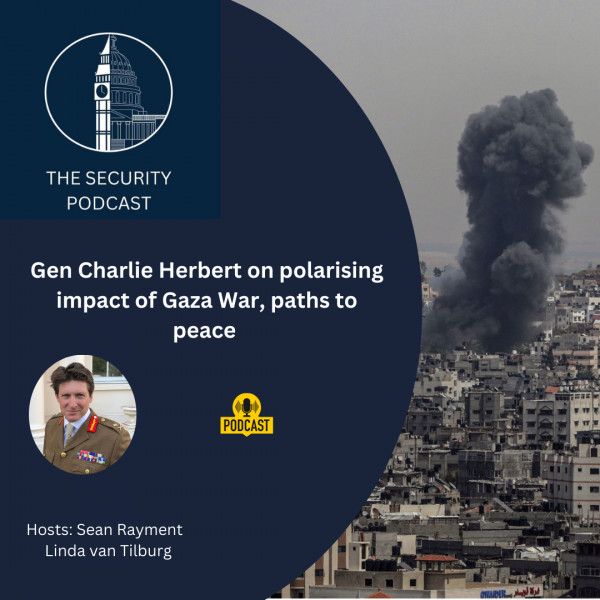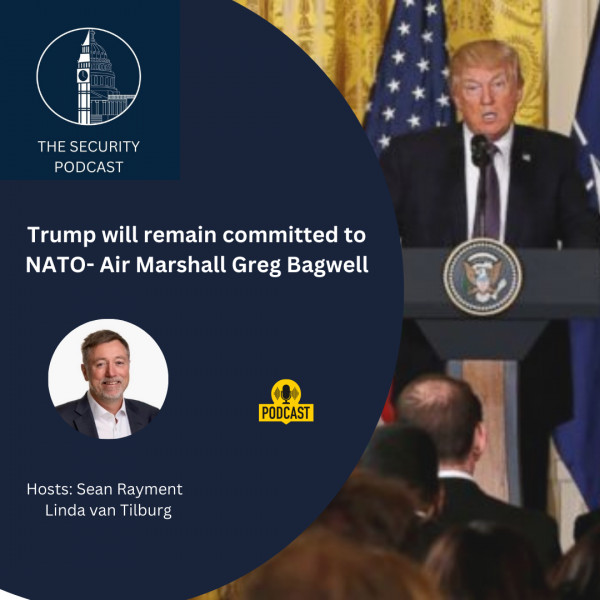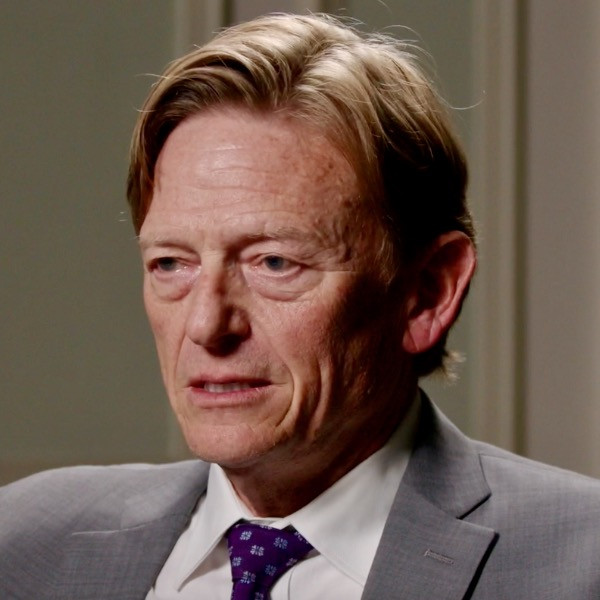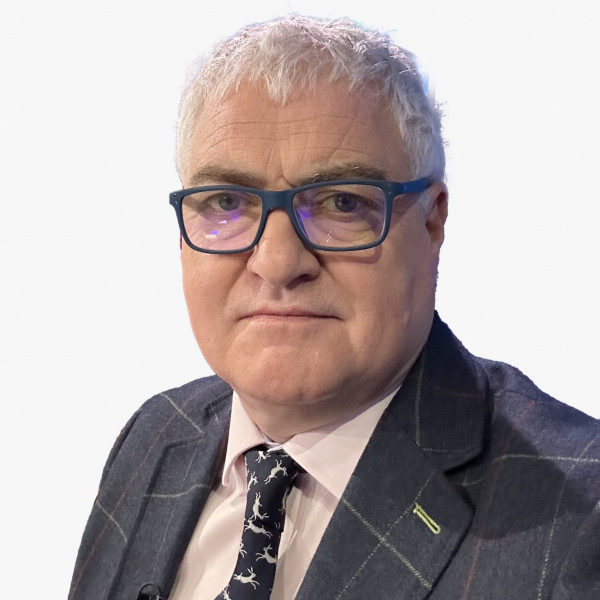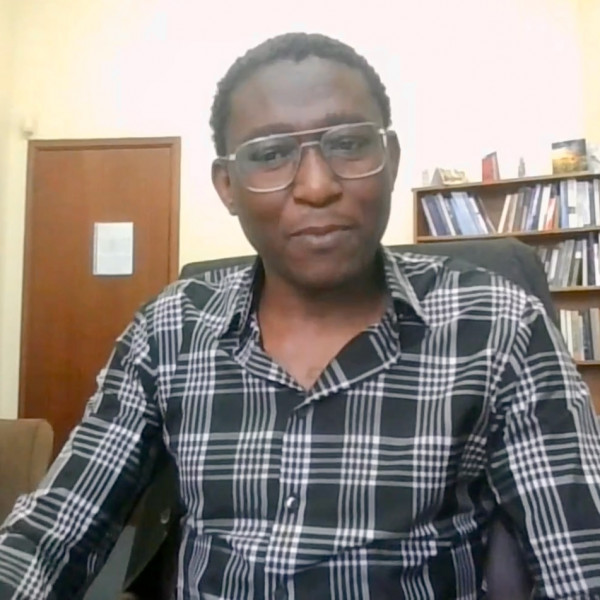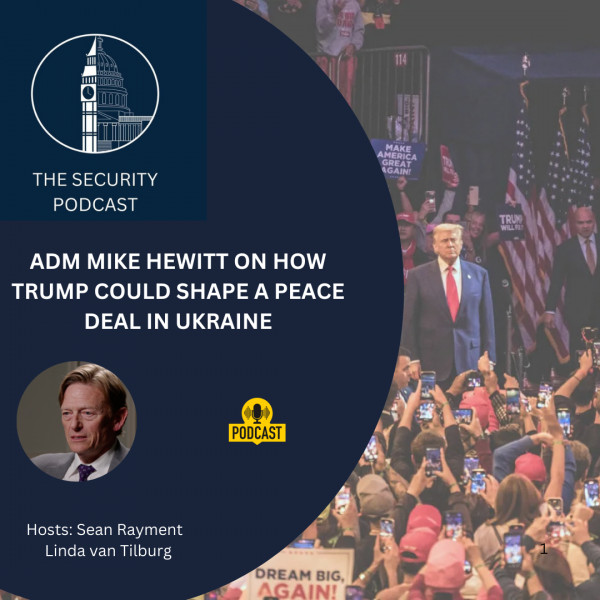
ADMIRAL MIKE HEWITT: How Trump will end Ukraine war and force Putin to negotiate
Loading player...
President-elect Donald Trump has claimed he would end the war in Ukraine "within days" of taking office, and President Volodymyr Zelensky has indicated that Trump's leadership could indeed expedite the end of the conflict. However, questions remain: What would Trump's peace plan for Ukraine involve? Would Ukraine need to cede territory, and how would a Trump presidency affect NATO and Ukraine’s aspirations of joining the bloc?
This week on The Security Podcast, National Security News Editor, Sean Rayment and Deputy-Editor Linda van Tilburg were joined by Admiral Mike Hewitt, a U.S. Navy veteran who served for 31 years. Admiral Hewitt, also the co-founder and CEO of IP3, an international energy and security company, has extensive experience in Ukraine. He argues that Trump's election could fill a leadership vacuum in Western Europe and that Trump could bring an earlier end to the war in Ukraine.
Admiral Hewitt also discusses the potential implications of Trump's presidency for NATO, what Trump’s peace strategy for Ukraine is likely to be, and how young Ukrainians might favour ceding territory in exchange for peace. He says a peace agreement is complex, because it is intertwined with larger geopolitical dynamics involving China, Iran and Noth Korea.
This week on The Security Podcast, National Security News Editor, Sean Rayment and Deputy-Editor Linda van Tilburg were joined by Admiral Mike Hewitt, a U.S. Navy veteran who served for 31 years. Admiral Hewitt, also the co-founder and CEO of IP3, an international energy and security company, has extensive experience in Ukraine. He argues that Trump's election could fill a leadership vacuum in Western Europe and that Trump could bring an earlier end to the war in Ukraine.
Admiral Hewitt also discusses the potential implications of Trump's presidency for NATO, what Trump’s peace strategy for Ukraine is likely to be, and how young Ukrainians might favour ceding territory in exchange for peace. He says a peace agreement is complex, because it is intertwined with larger geopolitical dynamics involving China, Iran and Noth Korea.
